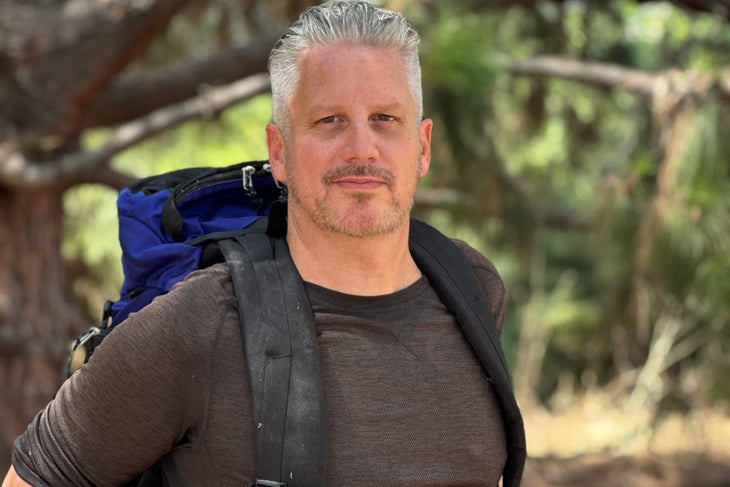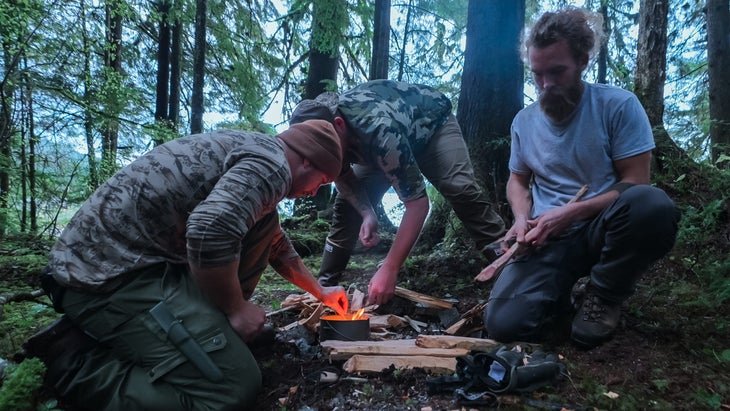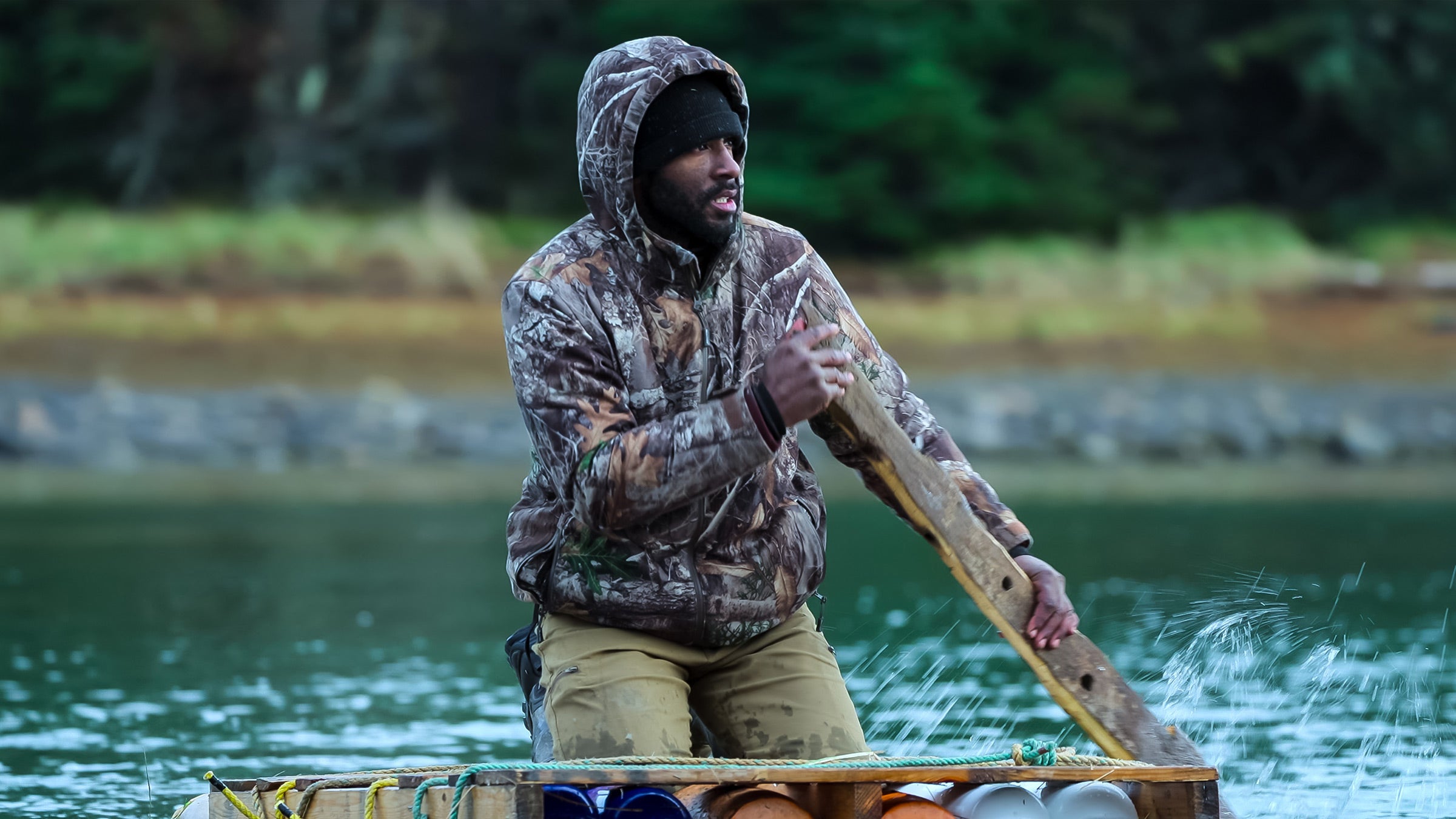I love outdoor survival shows, and over the past decade have watched far too many episodes of��Alone, Naked and Afraid,��and of course��Survivor,��to count. In 2023, I was excited to see Netflix launch its own program, called ���ܳٱ�������.��The show added a few twists to the tried-and-true format, namely that contestants wage war on each other��through vandalism, theft, and psychological bullying. I wasn’t a huge fan of season one. But after the show aired, I was amazed by how much dialogue��Outlast .
Outlast returns for its second season on Wednesday, September 4. I recently spoke to the showrunner and executive producer Mike Odair about the show’s format, and how outdoor survival reality shows can stand out within the saturated genre.

OUTSIDE: Outdoor survival shows have been around for more than 20 years. Why do you think audiences still tune in?
Odair: These shows get us at our most primal core. Some people in the audience are weekend warriors, others are couch potatoes, and others are hardened survivalists. Everybody wonders “could I do this?” And if the answer is no, then you start to wonder “what can I do to get this knowledge and skills?” There’s another part of it—no matter if you’re in the woods or in a tower downtown in corporate America, the instincts of survival and the cutthroat way these games are played are not that different.
The genre has become pretty crowded in recent years. How can a show stand out among so much competition?��
Do I get concerned that we’re making a show that’s a little outside of the pack of other survival shows? I think that’s how we make a mark. The fact that audiences are responding to the show is proof that it’s working. I think it comes back to the show’s origin. The reason this idea was so interesting to [executive producer] Jason Bateman was because he became a huge fan of��Alone during the pandemic. That was his foray into the survival community.
Our idea had some of the same DNA that Jason liked about�������DzԱ�,��which is that survival is up to you. But our idea added a twist—all you have to do is be on a team with at least one other person. The other survival game shows, dating back to�����ܰ��������ǰ�,��are games. Ours isn’t that. There’s just one rule. The rest of it—you can do whatever you want to survive. But this model shows you the best of humans as well as pretty dark stuff.
That’s what is different about our show. Like any social experiment, I can initiate a variable and see how the participants engage with it. But it’s not like I’m giving them a challenge that they must finish. If they choose to engage with what I give them is up to them.

How do you measure the show’s success or failure?��
From a creative and showrunning standpoint, I gauge success based on audience engagement. Are they talking about it online? Even though people had conflicting opinions and feelings about season 1 of ���ܳٱ�������,��the fact that I saw so many people arguing about the show on Reddit and referencing the right way and wrong way to live in nature made me feel it was successful. And if it weren’t for engagement, we wouldn’t be here right now.
I’ve always loved��Alone for its emphasis on verité-style storytelling. How much prodding or scripting do you give contestants on Outlast?��
We are 100-percent organic. There’s no scripting this. We do prompt the contestants to discuss on camera what they’re doing or feeling, which is normal. I have friends who work on Alone and they’ll still prompt participants with questions about clarity and then marry the footage with the audio so that the audience can understand a process.
The only difference is we have someone standing across from the contestants asking them the questions, instead of sending them a list and having them film themselves. But I can assure you there is no script. What you see is what you get—it’s raw. Now, I can introduce variables like giving them tools, which they don’t do in Alone.��But that’s really it.
Really? There were episodes of season two where I saw a contestant act completely crazy, just totally against logic and reason, and I assumed it was because they were being steered by a producer.��
Ha. I read feedback on these Reddit threads and saw people saying “Well, they clearly scripted this part of the show,” and I’m like nope. I know that a lot of audiences have a hard time believing what they see during a reality TV show. But sometimes, what happens out there in the wilderness is too weird to be scripted. People are exhausted and hungry. It may seem too bizarre or too perfect to not be scripted. But that’s what went on. We don’t put our thumb on the scale.
This interview was edited for length and clarity.��


